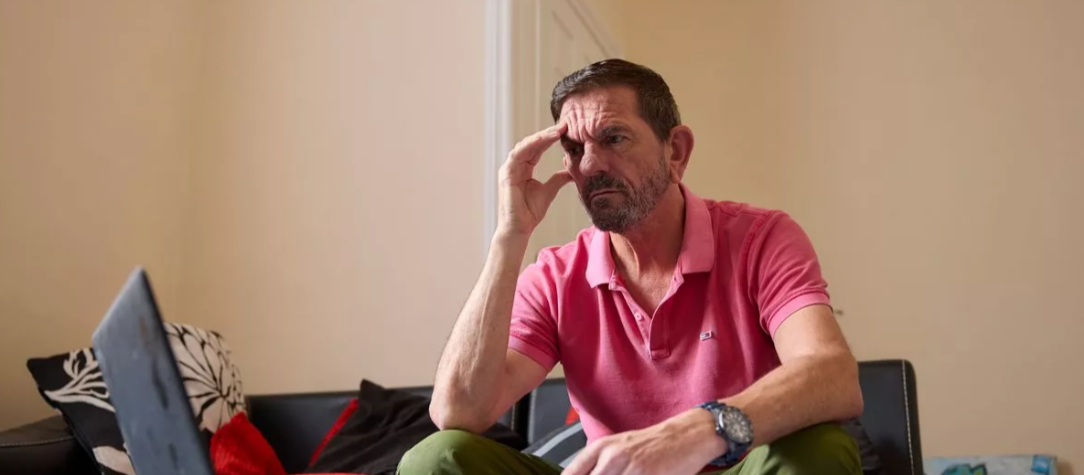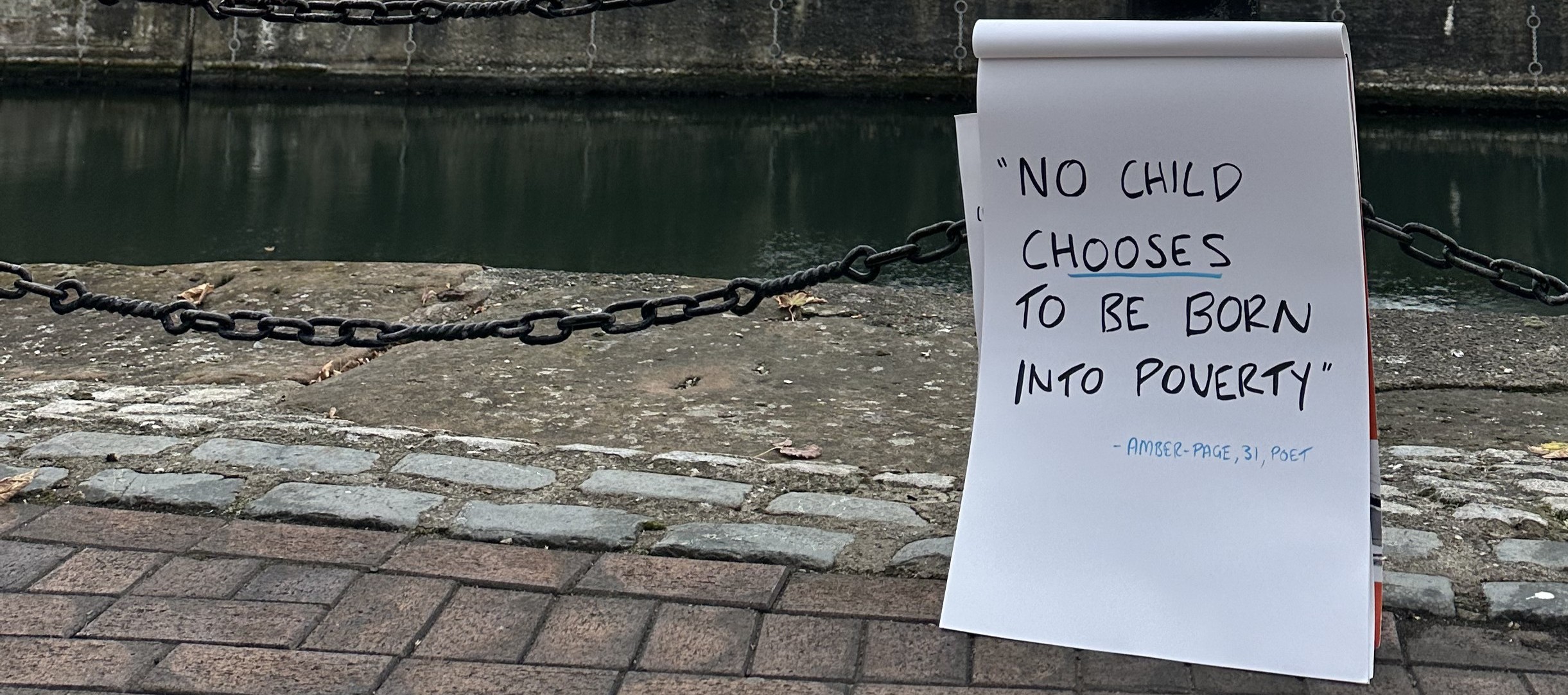By Lalitha Try, Economist at the Resolution Foundation
Rising energy prices during the cost of living crisis, but also in the two decades preceding it, have led to low and middle-income families having their finances squeezed as more of their budgets are spent on essentials, leaving less money left for spending on things that bring people joy and comfort.
Resolution Foundation research, which forms part of the Foundation’s Unsung Britain project, shows that spending on essentials now takes up a higher proportion of total household spending than it did in the past. Lower-income households have experienced a larger increase in essentials spending than higher-income households have: the poorest fifth of working-age households now spend 51 per cent of their after-housing budgets on essentials (food, energy, transport, clothing and childcare), up from 46 per cent in 2006; the richest fifth spend just 39 per cent, up from 38 per cent in 2006.
Although the proportion of household budgets spent on essentials has increased so much over time, not all costs have risen. Some prices, such as the cost of clothing and fuel, have fallen over the last 20 years. Indeed, fuel is now cheaper in real-terms than in was in 2002, due in part to successive freezes and cuts to Fuel Duty. But rising energy costs have particularly put pressure on budgets. Energy costs rose steadily in the 2000s and 2010s, with both gas and electricity prices rising by 150 per cent in real terms between 2000 and 2019. But average energy bills rose a further 71 per cent between 2019 and their peak in 2023.
The sharp rise in costs during the cost of living crisis had severe real world impacts. More than 1 in 5 low-to-middle income people lived in households that were unable to keep their accommodation warm in 2022-23. And although food prices in the UK are lower than those in comparable countries, too many people are struggling to afford enough food: the share of working-age adults in very low food security rose from 4 per cent to 6 per cent between 2021-22 and 2023-24, with the rate for children climbing from 6 per cent to 9 per cent.
Because of the sheer pressure high costs put on families that cannot afford them, we at the Resolution Foundation have been thinking about how policy can help people with essential costs, such as energy and food. The best way to support households with historically high energy bills is via a proper social tariff, which would offer a lower unit cost of energy to eligible households so as to target households with high energy use and a low income.
The cost of living crisis also showed us that our approach to uprating social security benefits doesn’t work when inflation is high, or changing rapidly. Benefits should be uprated more than once a year when inflation is high, and more up to date inflation data should also be used for these increases.
In the long run, income growth is crucial to improving living standards, following a period of extremely poor income growth. Making sure that the economy grows and growth is shared should be the Government’s priority, and is the best way to make sure that families across the UK can afford life’s essentials.
——————————————————————-
This article is featured in our 6 August newsletter.
Want to hear about the latest poverty research, stories and events?
Stay on top of what you need to know. Sign up to our newsletter and join our powerful network of 3.9k+ professionals, volunteers and individuals actively engaged in tackling poverty across the UK.







